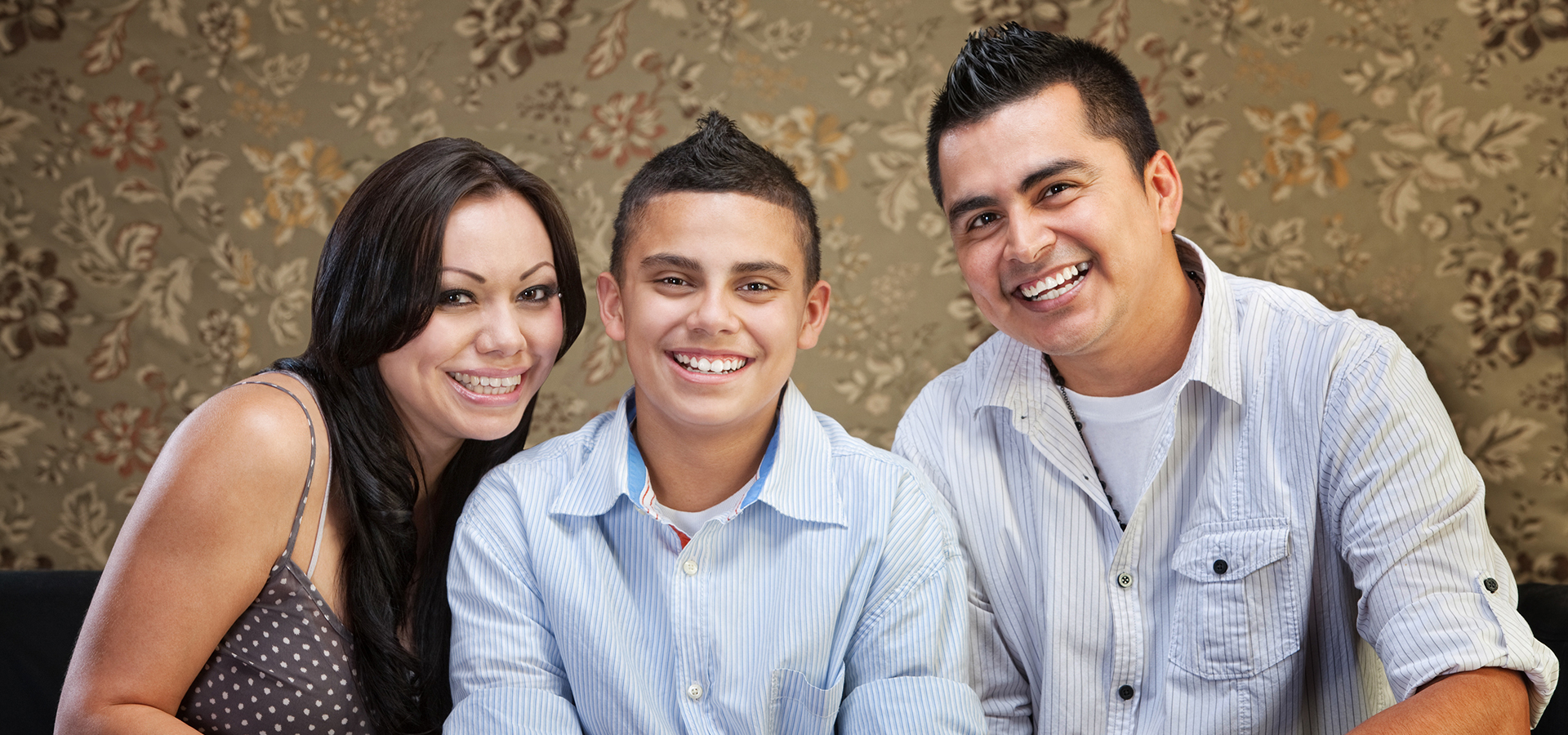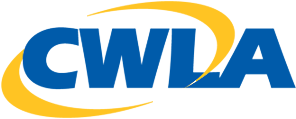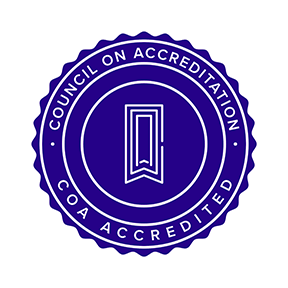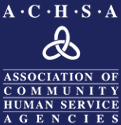Appropriate Adolescent Behavior Program
SAFETTY© Stages Approach to Family Education and Trauma Treatment for Youth
Trinity Youth Services’ Stages Approach to Family Education and Trauma Treatment in Youth (SAFETTY) is a holistic, strengths-based, family-focused program that provides offender-specific therapeutic and trauma treatment to juvenile court adjudicated male youth ages 12-18 who have acted out sexually or who have engaged in sexually abusive behaviors.
The primary goals of the SAFETTY Program are:
- To ensure the safety of the community
- To prevent re-victimization and victimization of others
- To maximize each youth’s potential to live a responsible and healthy lifestyle
The Trinity SAFETTY Program views each youth’s offense in the context of his family dynamics, past traumatization, cultural and environmental factors and cognitive and developmental functioning. Treatment is individualized to maximize each youth’s opportunity for successful completion of the program. The average length of stay to meet all of the requirements is between 15-18 months, depending on readiness for reunification and community reintegration. The youth’s treatment progress is reviewed and monitored every quarter and presented at Child and Family Team (CFT) meetings.
Mental Health Services
Upon intake, each client is assessed, assigned a treatment team and has a treatment plan customized to his particular needs. The therapist ensures that the client’s goals are SMART (Specific, Measurable, Attainable, Realistic, Time-related), based on the diagnosis, and interventions specifically address the clients’ individual assessed needs. Interventions can include, but are not limited to, individual therapy, group therapy, specialty groups, family therapy and in-home behavior services. Evidence-based programs are used and include, but are not limited to, Seeking Safety, Trauma Focused Cognitive Behavior Therapy, Managing Adaptive Practices, Motivational Interviewing and Individual Cognitive Behavioral Therapy. The child’s treatment goals and interventions are developed through the collaboration of the Child and Family Team that includes the client, family, therapist, county representative(s), psychiatrist, friends/community supports, TBS coach, nurse, and other clinical personnel. The team meets as needed, but in no event less than once each quarter, to review progress, adjust goals and measure outcomes to ensure success.





